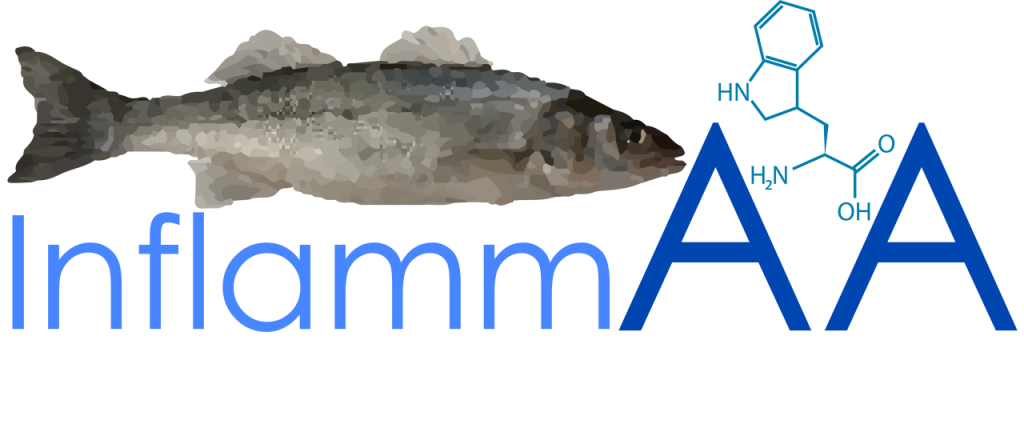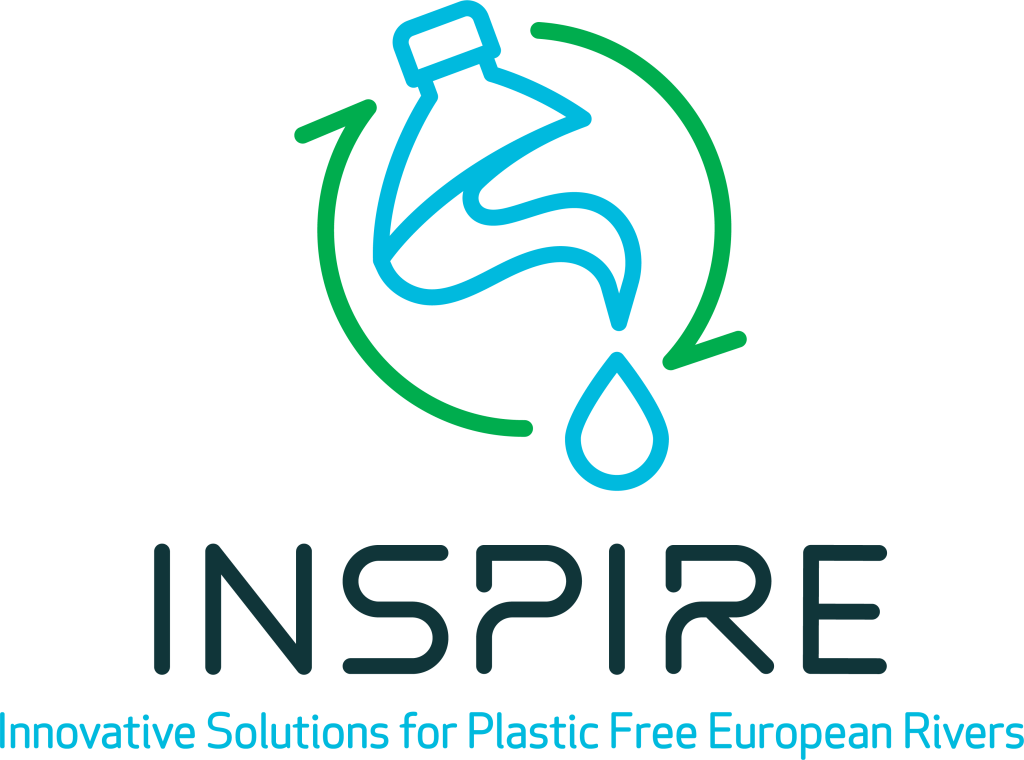Marine ecosystems are subjected to multiple stressors that translates in negative consequences for our wellbeing. Biodiversity loss undermines ecosystem ability to function efficiently and to provide services but also reduces its resilience, that is vital in a global change setup. In this frame, different European Strategies aim to know, protect and restore oceans, being expected that in 2030, 20% of degraded systems have been regenerated by using nature-based solutions.
Marinas are recreational structures that have increased worldwide in the last years. However, as semi-enclosed systems, they show reduced hydrodynamics, high sedimentation rates and low oxygen levels that enhances, in turn, pollution in seawater and sediment. Marine ecosystems by their connectivity offer much potential for natural recovery. However, it is often needed to push nature by protecting habitats and/or actively regenerate marine life via restoration. The outcome of restoration should be realistic because usually only some kind of mitigation can be attained. Even thus, these interventions are positive since a minor rehabilitation of degraded ecosystems can bring back some biodiversity and key services.
In restoration or mitigation interventions, species that provide biogenic habitat should be the priority. These include animal-forests (AF), i.e. biological communities mainly composed of suspension-feeders as sponges, bivalves or annelids that create heterogeneous habitats and constitute biodiversity hotspots. Restoring AF adds structure to the habitat but also influences functioning and wellbeing because they provide essential services. For instance, in enclosed marine systems biofiltration by AF is able to clear water with very positive effects on marine assemblages. Further, their role as carbon sinks is also notable for mitigation to climate change because anthropogenic carbon is permanently deposited through biological processes in AF as biomass.
Nowadays, public is aware of the urgent need to reverse biodiversity decline and replace lost ecosystem functioning and services in marine systems by enabling natural recovery or by active restoration. However, available tools to restore and manage the marine systems are deficient, due to the lack of data and poor governance. In this frame, the global goal of our proposal is to improve the ecological state of marinas in the north of Portugal. This will be achieved by using AF as nature-based solution in mitigation interventions that let increase biodiversity, improve the ecosystem functioning and ultimately, alleviate the impacts of marinas on coastal ecosystems.
The first aim will be to obtain baseline data about the ecological state of marinas in the north of Portugal, combining biological and environmental data (Task 1).
The second aim of this proposal will be to facilitate natural colonisation by AF in marinas, using artificial substrates and evaluate their efficacy as nature-based solution (Task 2).
The third aim of this project will be to determine the effect of AF colonisation in the ecological state of marinas (Task 3).
In this way, this proposal will improve the knowledge-base for adopting effective measures to mitigate the effects of anthropogenic disturbances on biodiversity and functioning of marine ecosystems. Thus, this is an innovative proposal combining applied and basic research.













